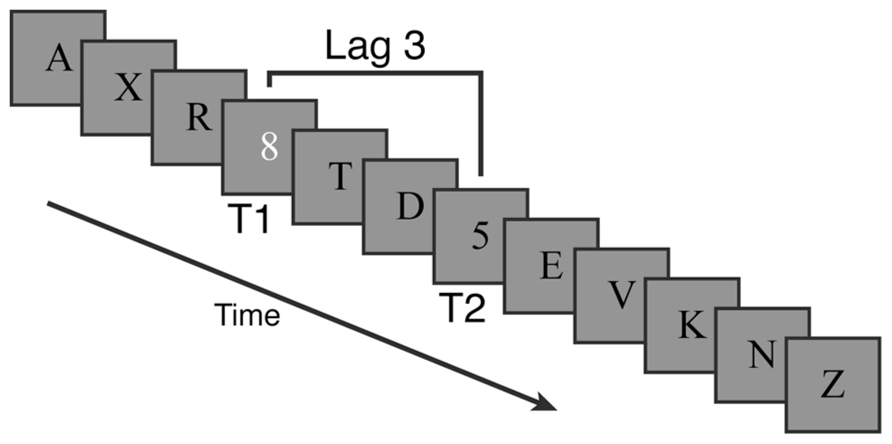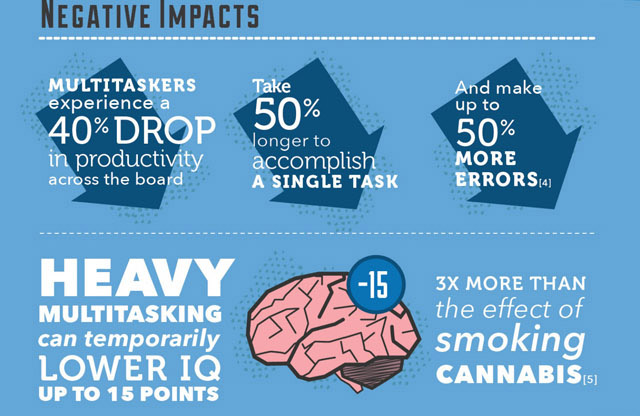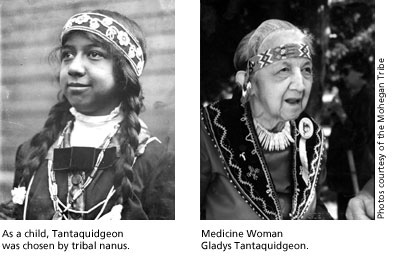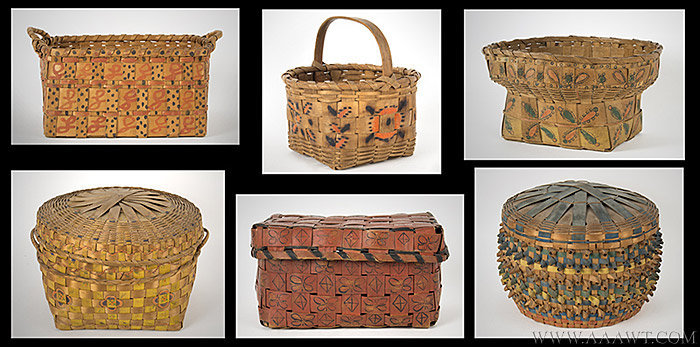Oversimplification num-ber one: attention, memory, and executive control are the fundamental com-ponents of thinking-and the executive control process is the particular power you can tap to control your use of social media.
Is social media a progress or problem?
Social media is instant and constant entertainment by profiles, pages, pictures, and post that are visually pleasing and stimulating to the individual who views them. Social media connects people from all across the world and forms communities of similar interests. An example of a positive online community would be the AIDS Memorial Quilt NAMES Project Foundation website (http://www.aidsquilt.org/). This site brings together friends, family, and individuals who have suffered from AIDS and HIV and memorializes the lives that have been lost.
Not all online forums are used for good. ISIS cyber terrorism is an example of a negative community that spreads fear via social media. Dann Lohrmann, the author of How Terrorists' Use of Social Media Points to the Future, states that "Global experts agree that ISIS has been very successful in using the Internet to recruit new fighters via social media" and then continues in his article on how to respond to the online terrorism we see in our society. http://www.govtech.com/em/safety/Terrorists-And-Social-Media.html
https://www.youtube.com/watch?time_continue=238&v=0_wyFgpShU0 Mustafa Tameez, former consultant for the Department of Homeland Security, discusses social media's role in recruiting for terrorist organizations.








 Types of Native American baskets that have different purposes:
Types of Native American baskets that have different purposes:
 AIDS Memorial Quilt display in San Francisco, California
Material Culture – Artifacts and The Meaning They Carry
By: K. Krist Hirst
AIDS Memorial Quilt display in San Francisco, California
Material Culture – Artifacts and The Meaning They Carry
By: K. Krist Hirst
